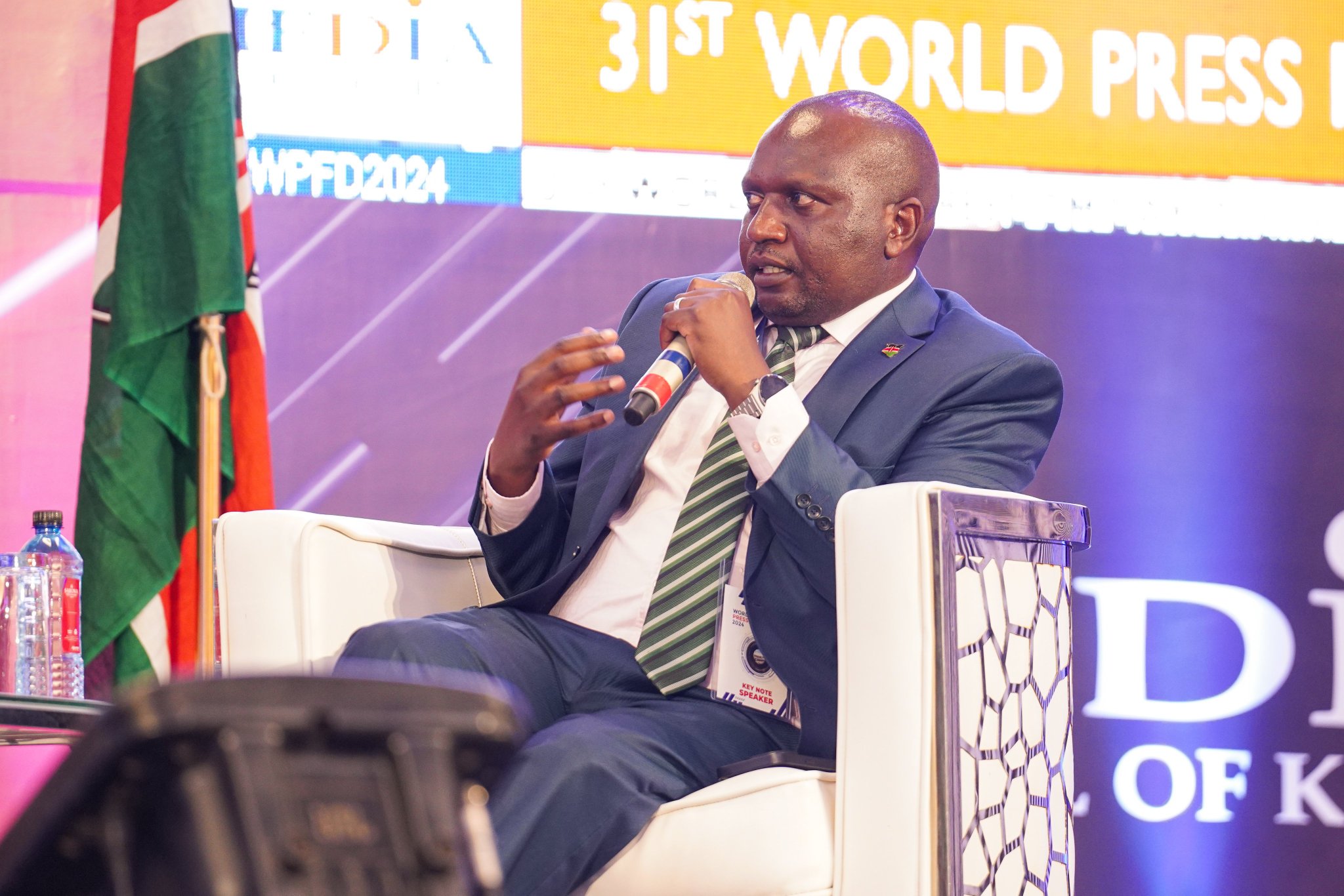
Media Council urges journalists to embrace climate journalism » Capital News
NAIROBI, Kenya, Feb 13 – The Media Council of Kenya (MCK) has emphasized the crucial role of the media in reporting on climate change, urging journalists to adopt innovative storytelling methods to enhance public awareness and policy engagement.
Speaking on Thursday during a training session for journalists at Aga Khan University to mark World Radio Day, MCK CEO David Omwoyo urged local radio stations to prioritize localized, solutions-oriented reporting that highlights the real impact of climate change on communities.
He called on journalists to move beyond merely reporting on disasters and instead focus on humanizing climate change through lived experiences, adaptation strategies, and policy interventions.
“Any success in journalism is founded on impactful storytelling. We must return to the essence of radio—bringing real community concerns to the forefront,” said Omwoyo.
He emphasized that a lack of relatable narratives weakens public engagement and the urgency for action. He cautioned against sensationalism and misinformation, urging journalists to maintain accuracy and ethical standards in their reporting.
Omwoyo also stressed the importance of radio returning to its core function of serving the public interest, ensuring climate change stories reflect local realities rather than generic global narratives.
Climate change through socio-political lenses
MCK Director for Media Training and Development Victor Bwire highlighted the need for journalists to frame climate change stories through political, economic, and social lenses to capture its multifaceted impact.
“Climate change is no longer a peripheral topic; it is a global phenomenon that demands prioritized coverage,” he said, calling on journalists to lead public discourse on climate change adaptation and resilience strategies.
World Radio Day was established to sustain radio’s popularity and encourage its continued use.
In 2011, UNESCO Member States declared February 13 as World Radio Day, and the United Nations General Assembly officially endorsed it in 2012.
Radio remains one of the most powerful and enduring communication mediums. It has played a significant role in connecting people, disseminating information, providing entertainment, and keeping the public informed about current events.
Additionally, radio is a vital tool for education and awareness, bringing communities together, especially in remote areas where other forms of communication may not be easily accessible.
However, challenges persist with the integration of new technologies and the theory of media convergence.
Kenyan radio outlets are gradually adopting converged approaches to content creation and dissemination, but progress remains at an elementary level.
There is a need to work with radio management and editors across the country to promote these new and beneficial approaches.